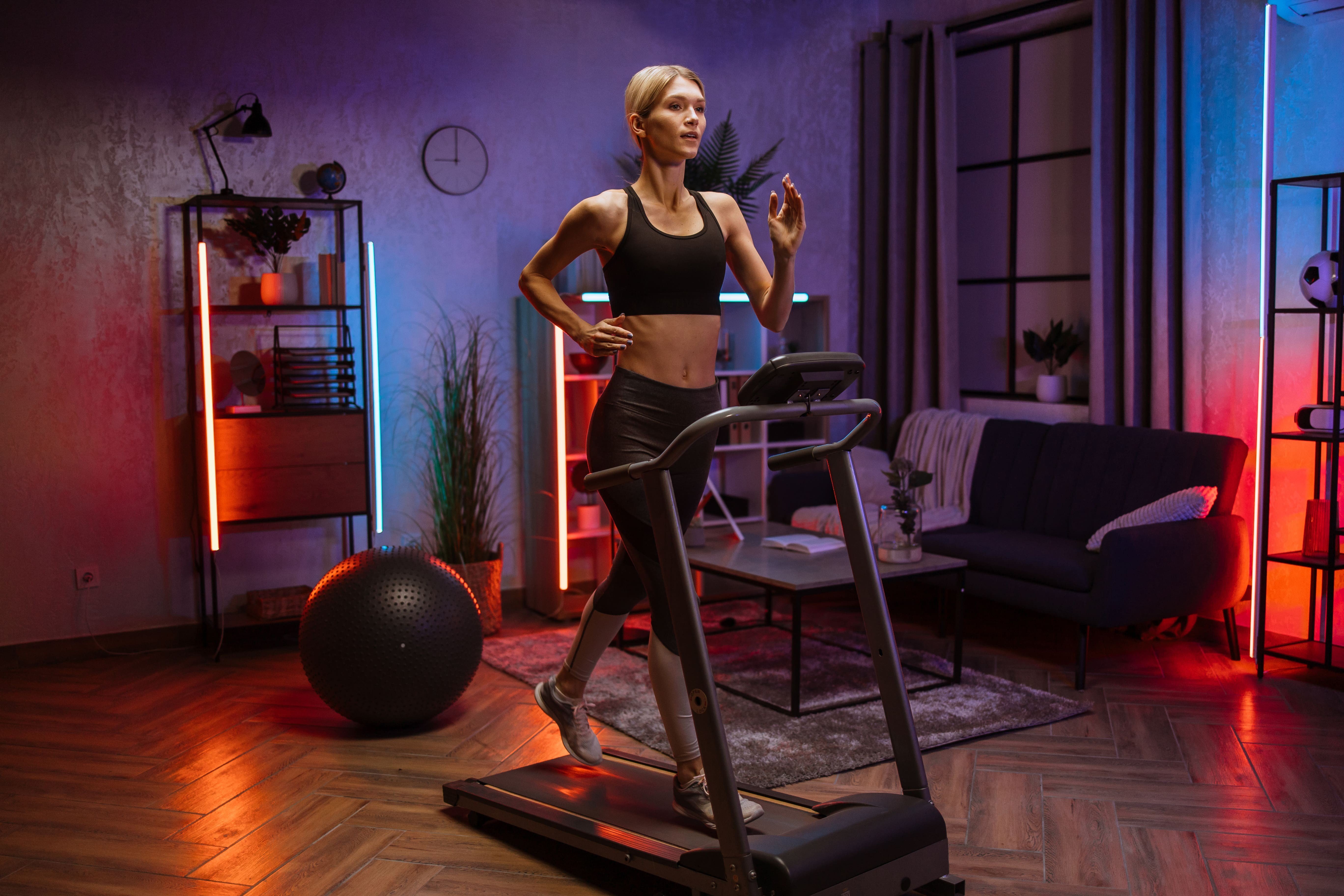10 Walking Machine Tips All Experts Recommend
The Walking Machine: A Comprehensive Guide to Your Fitness Companion
In today's fast-paced world, where time is a high-end, preserving a consistent workout regimen can be a difficulty. For lots of, a walking machine— frequently known as a treadmill— functions as a perfect fitness buddy. This article offers an extensive take a look at walking machines, including their advantages, types, maintenance pointers, and often asked questions.
Why Choose a Walking Machine?
Walking machines provide a useful and efficient method to include cardiovascular exercise into life. Here are numerous essential advantages:
- Convenience: Walking machines allow individuals to work out anytime, no matter weather conditions or time restrictions. Nigel Soltes are best for hectic schedules.
- Flexibility: Users can walk, jog, or perform at their own speed and intensity.
- Safety: Walking machines present a lower danger of injury compared to outside walking or running, especially for newbies or those recovering from injuries.
- Tracking Progress: Many treadmills featured integrated displays that track metrics like speed, distance, and calories burned.
Kinds Of Walking Machines
When considering a walking machine, it's vital to pick the right type based upon individual physical fitness goals and space constraints. Below are the primary kinds of walking machines:
Type
Description
Handbook Treadmills
These machines do not have a motor, and users need to walk or run to rotate the belt.
Electric Treadmills
Powered by an electric motor, enabling users to set the speed and incline effortlessly.
Folding Treadmills
Created for easy storage, these treadmills can be folded when not in use.
Desk Treadmills
Perfect for a dual work and workout environment, these compact machines permit walking while working.
Slope Trainers
These permit users to replicate uphill walking, improving workout intensity and calorie burn.
Selecting the Right Walking Machine
Choosing the right walking machine can significantly impact inspiration and efficiency. Here are some aspects to consider:
Key Features to Look For
- Motor Power: An effective motor ensures a smooth and constant workout. For occasional walkers, a 1.5 HP motor is usually enough; for much heavier use, look for 3.0 HP and above.
- Belt Size: A broader and longer belt supplies more space for a comfortable stride. Requirement sizes range from 16 inches broad and 50 inches long.
- Slope Options: Adjustable incline settings can imitate walking or running uphill, increasing the strength of the workout.
- Shock Absorption: Good shock absorption minimizes the danger of joint injuries and enhances comfort.
- Console Features: Look for built-in workouts, heart rate displays, and connection functions like Bluetooth for a more engaging experience.
Spending plan Considerations
Walking machines can be found in a vast array of costs, depending upon functions and building and construction quality. Here's a rough budget plan breakdown:
Price Range
Functions
Under ₤ 300
Fundamental handbook or little electric treadmills with minimal functions.
₤ 300 – ₤ 700
Advanced electric treadmills with slope, medium power motors, and much better service warranties.
₤ 700 – ₤ 1500
High-quality electric treadmills with larger built-in display screens, substantial features, and service warranties.
₤ 1500 and above
High-end models offering advanced technology, features, and durable construction for severe fitness lovers.
Maintenance Tips for Your Walking Machine
To make sure longevity and ideal performance of a walking machine, consider the following upkeep ideas:
- Regular Cleaning: Dust and sweat can build up on the machine and the belt. Clean down the surfaces and tidy the belt routinely.
- Lubrication: Depending on the design, oiling the running belt regularly can avoid wear and tear. Inspect the maker guidelines for suggested lubrication schedules.
- Evaluation: Periodically check the machine for loose screws or worn parts. Tighten and change as required.
- Calibration: Occasionally, examine the calibration of your machine's metrics to ensure they supply accurate data.
- Correct Use: Follow the producer's recommendations for weight limits and functional guidelines.
FAQs About Walking Machines
1. Are walking machines a good workout?
Yes, walking machines offer an outstanding cardiovascular workout, can assist with weight loss, and enhance overall health.
2. How frequently should I use a walking machine?
Go for at least 150 minutes of moderate-intensity aerobic activity per week, which can easily be attained with regular sessions on a walking machine.
3. Can I drop weight on a walking machine?
Yes, including a walking machine regimen into a healthy diet can promote weight reduction, specifically if integrated with periods and incline training.
4. Is it safe for elders to utilize a walking machine?
Yes, walking machines can be safe for senior citizens with low-impact settings and safety features like hand rails. Nevertheless, individuals need to seek advice from with their doctor before starting any exercise program.
5. What's the distinction in between a treadmill and a walking machine?
The term “walking machine” typically describes a treadmill meant for walking, while “treadmill” can refer to machines utilized for numerous strengths, including running.
With their versatility and convenience, walking machines can considerably enhance one's fitness journey. By thoroughly picking the best type, ensuring proper upkeep, and incorporating different workout strategies, users can optimize their walking machine's benefits. As with any exercise program, consistency is crucial to achieving lasting fitness results.
